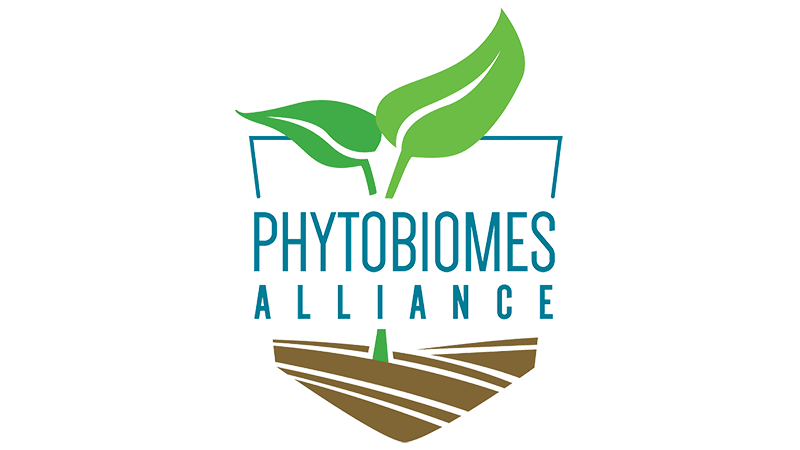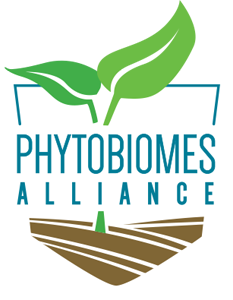
The Animal Microbiomes Working Group announces new chair: Claire Rogel-Gaillard (INRAE)
The aim of the Animal Microbiomes Working Group is to identify knowledge and resource gaps essential to advancing our understanding of the role that the phytobiome plays in influencing the nutrition, health and welfare, and net carbon emissions of livestock, poultry, and companion animals. We are just beginning to understand the influence of the various components of the phytobiome on livestock production and diversity considerations such as micronutrient availability, pathogen transmission, and sustainability.
Plants as seed or forage form the primary nutrition for animals. Phytobiomes is a systems approach to understanding and enhancing plants growing in specific biomes and all the interacting geophysical and biological components. Pasture and grasslands are important phytobiomes and present numerous opportunities to improve animal nutrition, overall ecosystem health, and carbon sequestration. The grains harvested from plants, such as maize or wheat, are often the main ingredients of animal feed. Microbes on plants and accompanying the grains in feed can influence the various microbiomes of animals.
The Animal Microbiomes Working Group will work closely with other Alliance Working Groups to highlight the interconnection between people, animals, plants, and their shared environment, as defined in the One Health approach.
The Working group is led by Claire Rogel-Gaillard, Deputy Scientific Director for Agriculture at INRAE, who has extensive experience in porcine genomics, including in gut microbiomes. In her various roles within INRAE, she has worked to increase the linkages between animal, crop, and microbiome research to enhance sustainability of agricultural production.
The Animal Microbiomes Working Group currently comprises Claire Rogel-Gaillard (INRAE – Chair of the group), Paul Cotter (Teagasc), Nichole Ginnan (Penn State), Richard Broglie (co-chair of the Microbiome Working Group) and Kellye Eversole (Phytobiomes Alliance).
Membership in Alliance working groups is restricted to Alliance sponsors, affiliates, and academic leaders of supported or led scientific projects.
